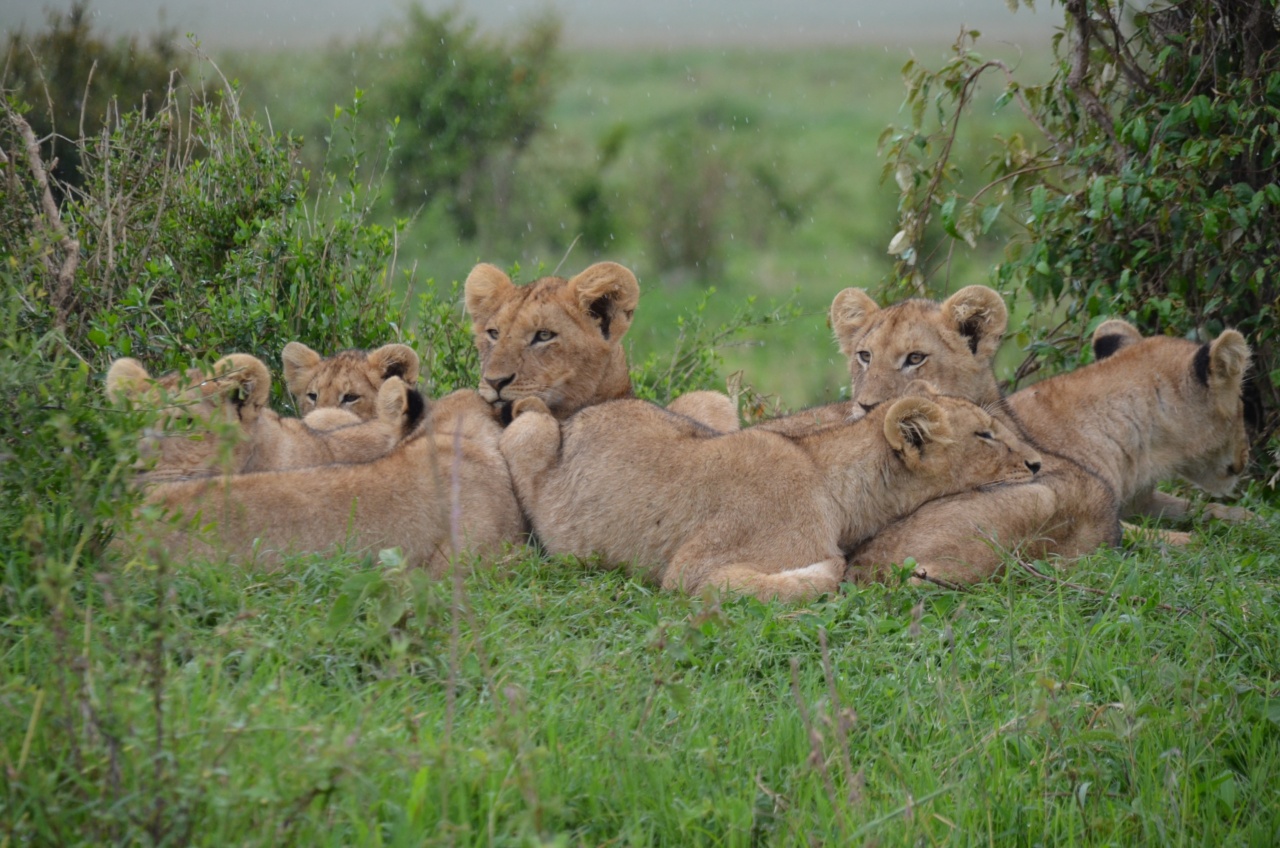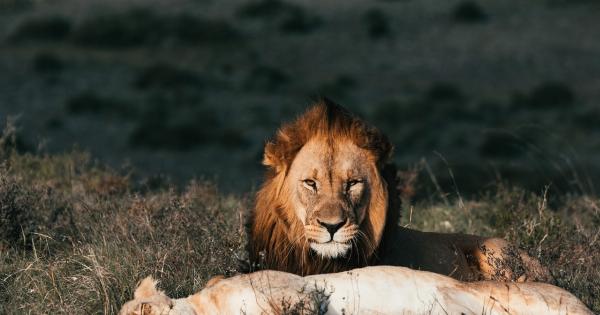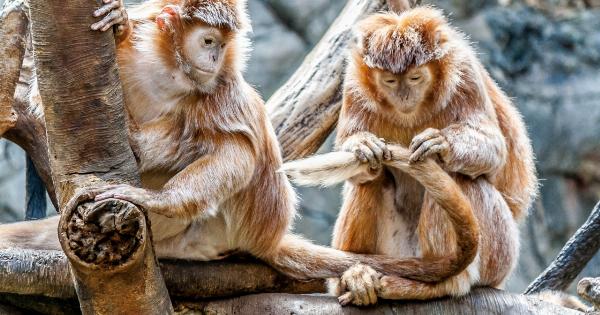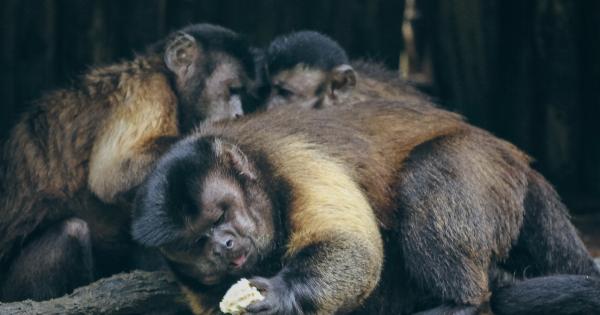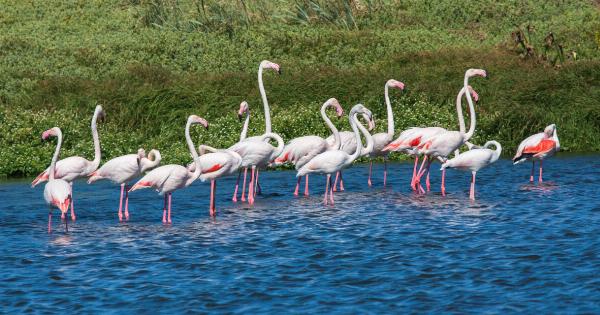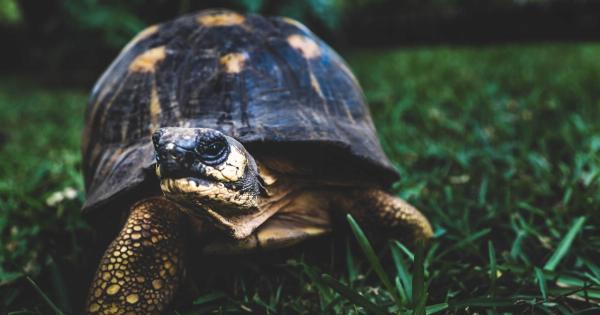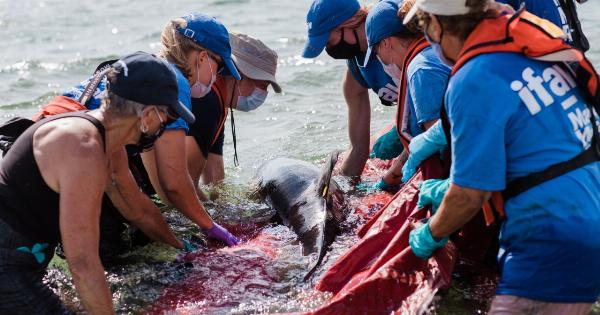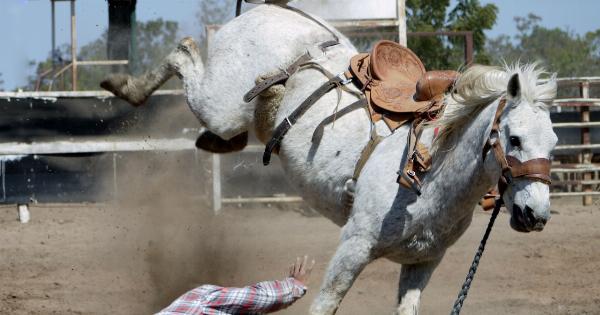A pride of lions in the Maasai Mara National Reserve in Kenya has been euthanized after a prolonged period of illness.
It is believed that the lions contracted an insect-borne disease that affected their nervous systems and caused them to become aggressive and disorientated.
The Insect-Borne Disease
The disease that caused the demise of the Maasai Mara lions is believed to be an infection carried by tsetse flies, a common pest in the area.
The disease, known as trypanosomiasis, is caused by a parasite that affects the nervous system and causes disorientation, lethargy, and aggression in animals.
The disease is endemic in many parts of Africa, and although it rarely affects humans, it is a major problem for livestock and wildlife. In some areas, it has been known to wipe out entire herds of cattle.
The Tsetse Fly
Tsetse flies are found in 36 African countries and are responsible for transmitting a number of diseases, including sleeping sickness in humans and nagana in cattle.
They are typically found in savannah and forested regions and are most active during the day, especially during the hottest part of the day.
The flies feed on the blood of mammals, including humans, cattle, and wild animals. They can carry the trypanosomiasis parasite, which is the cause of several serious illnesses.
The Lion Pride
The lion pride in the Maasai Mara National Reserve had been living together for many years and was well-known to tourists and locals alike. The pride consisted of four females and one male, who had been together since they were cubs.
The lions were popular with visitors, who admired their hunting skills and the way they raised their cubs. The pride had become used to humans, and were often seen resting under the shade of safari vehicles or lounging by the side of the road.
Their Illness
The first indication that something was wrong with the lion pride was when they were seen wandering aimlessly in the reserve, showing no interest in hunting or feeding.
Tourists who had seen the pride previously were shocked to see how disorientated and lethargic the lions had become.
As the weeks passed, the lions became increasingly aggressive, attacking anything that came near them, including other lions and humans.
It became clear that the lions’ condition was deteriorating, and that they were suffering from a serious illness.
The Decision to Euthanize
After consulting with local experts, it was decided that the most humane option was to euthanize the lions. It was clear that their condition was not going to improve, and that they were suffering greatly.
The decision was not taken lightly, and was made only after all other options had been explored.
The lions were humanely put down, and their bodies were sent to a laboratory for examination. Tests confirmed that they had indeed been infected with the trypanosomiasis parasite, which had affected their nervous systems.
Lessons Learned
The case of the Maasai Mara lions is a tragic reminder of the importance of disease control in wildlife populations.
Although trypanosomiasis is not uncommon in Africa, it is often overlooked, and outbreaks can spread quickly and have devastating consequences.
It is also a reminder of the importance of responsible tourism in fragile ecosystems such as those found in the Maasai Mara National Reserve.
Tourists and safari operators have a responsibility to respect the animals and their environment, and to take steps to minimize their impact on the ecosystem.
The Future
The loss of the Maasai Mara lion pride is a blow to the local ecosystem and a tragedy for those who knew and loved them.
However, it is also an opportunity to learn from the experience and to take steps to prevent a similar outbreak from occurring in the future.
Local authorities are working to control the tsetse fly population in the area, and to educate locals and tourists about the importance of disease control and responsible tourism.
Wildlife conservation organizations are also working to monitor the health of local lion populations, and to develop strategies to prevent and control the spread of diseases.
With a concerted effort, it is hoped that future outbreaks of trypanosomiasis can be prevented, and that lions and other wildlife in the Maasai Mara National Reserve can continue to thrive.
